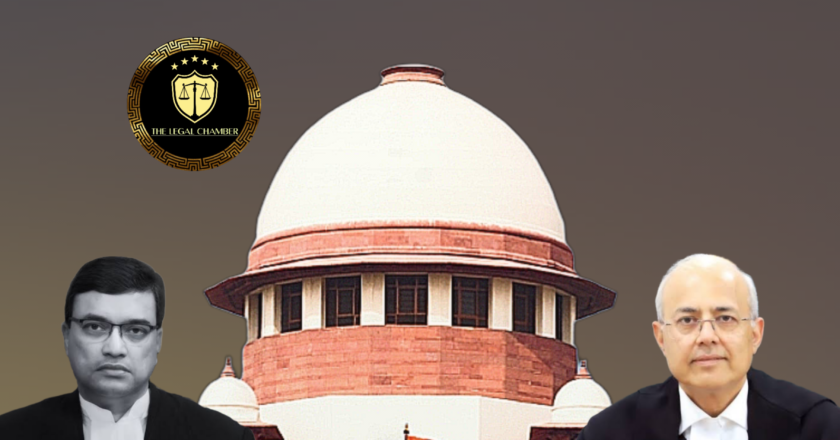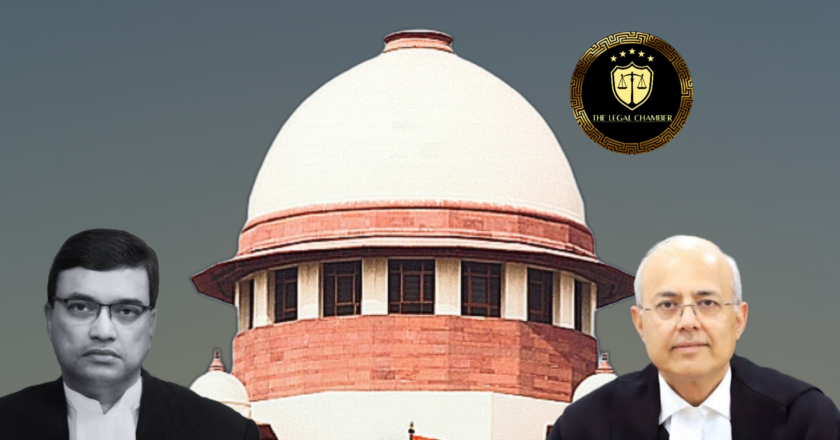No Relaxation in OBC Certificate Requirements: Supreme Court Rules Against Candidates for Wrong OBC Certificate Format
The Supreme Court upheld the Uttar Pradesh Police Recruitment Board's decision to reject OBC certificates not submitted in the prescribed state format, ruling that compliance with recruitment notification terms is mandatory. The Court emphasized that candidates must adhere to specified requirements and cannot claim relaxation if they fail to meet procedural conditions. Non-compliance disqualifies them from reservation benefits, as the state's format ensures verification of creamy layer exclusion. The judgment reinforced that recruitment rules must be strictly followed, and courts should not interfere unless constitutional violations are established.
Facts Of The Case:
The case involved two civil appeals arising from separate writ petitions challenging the Uttar Pradesh Police Recruitment...


